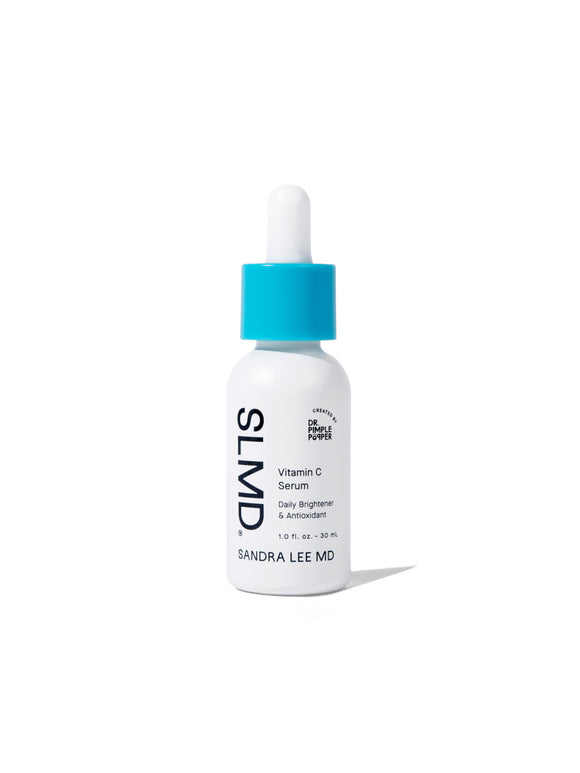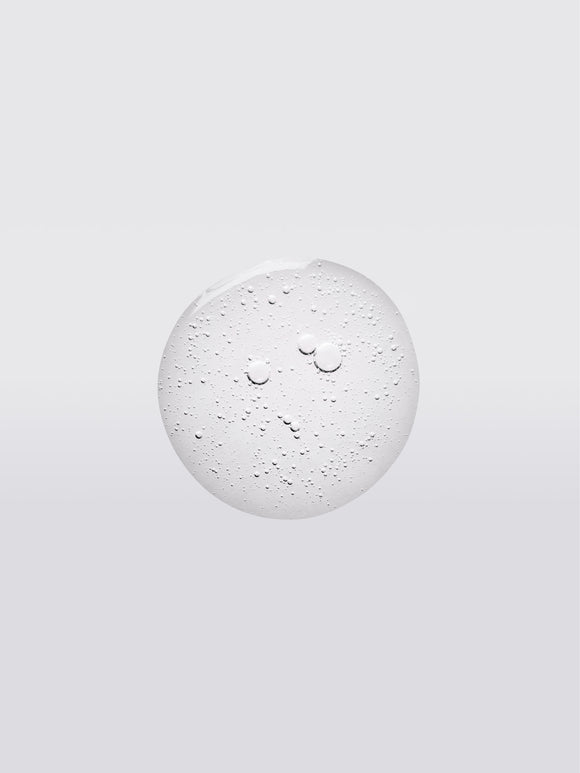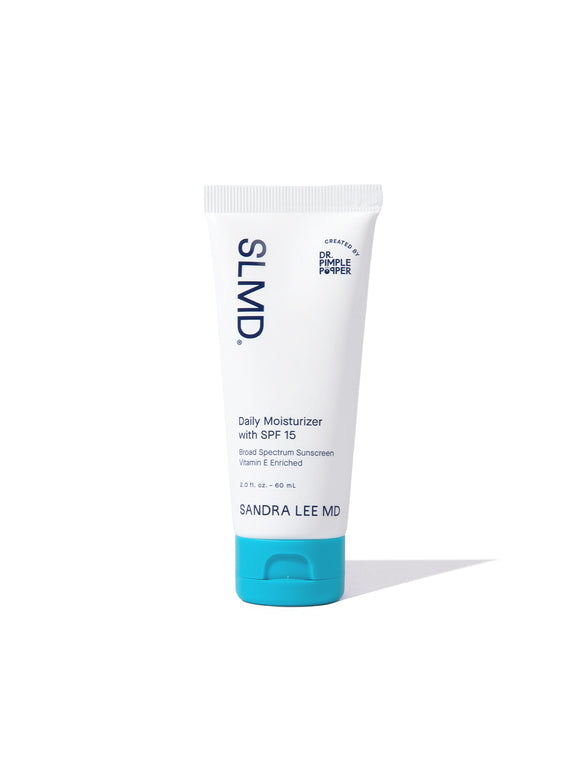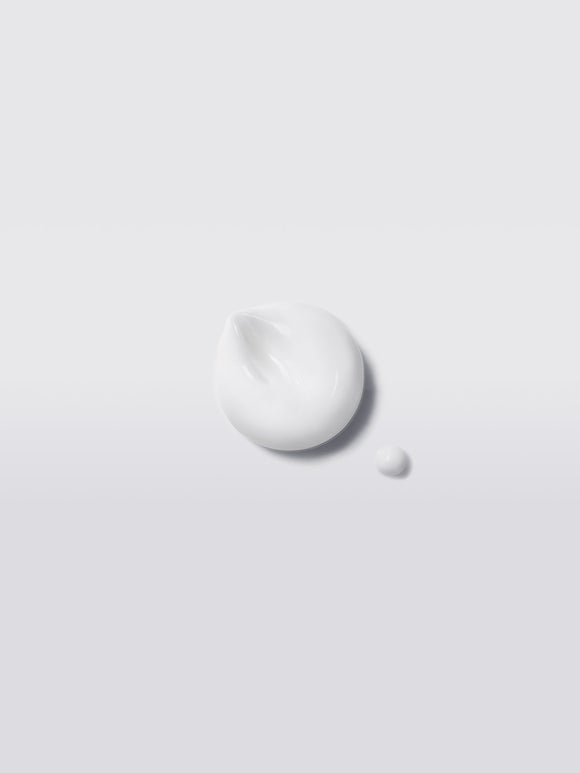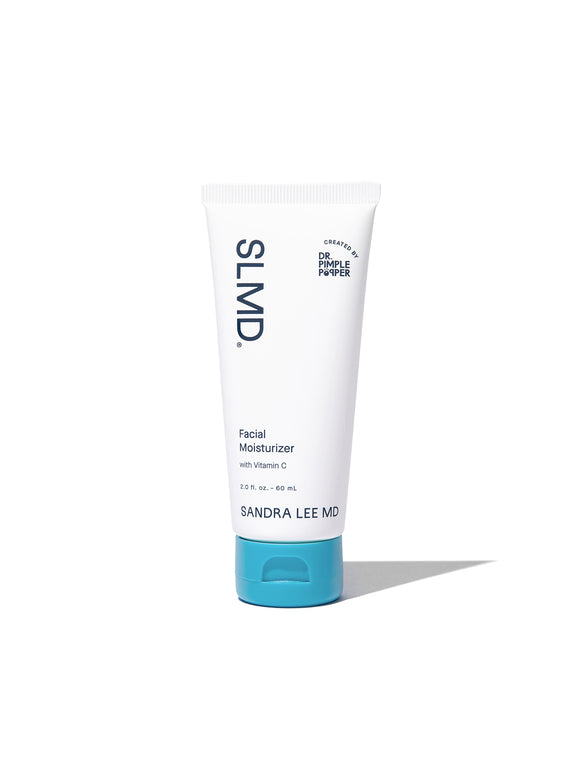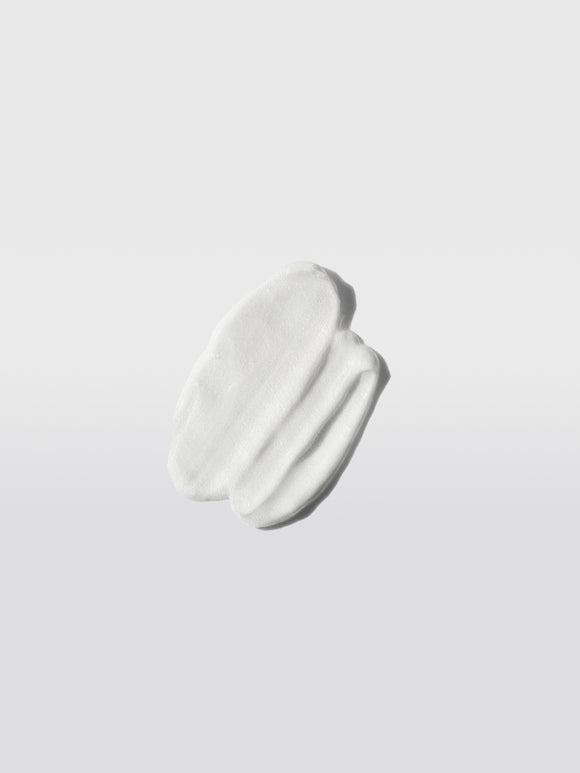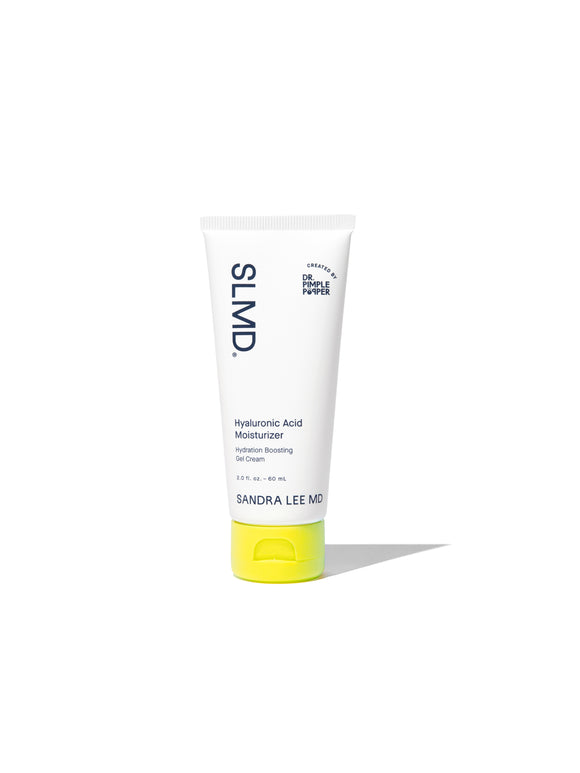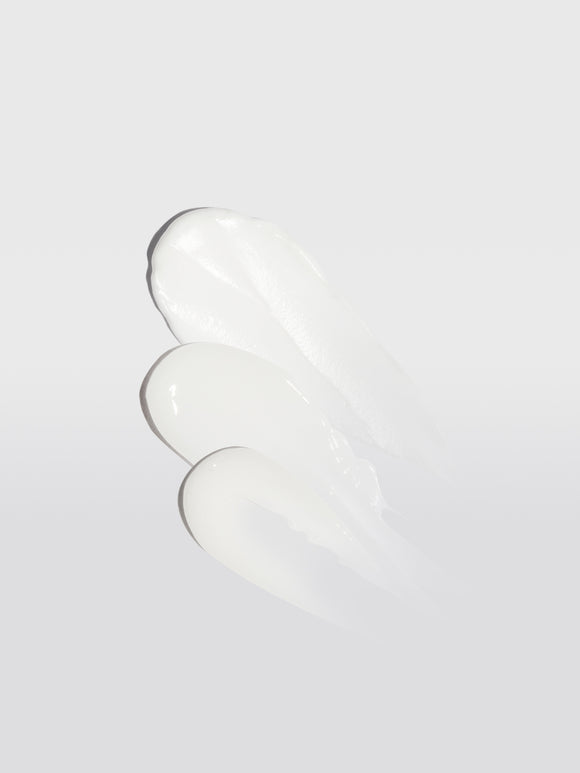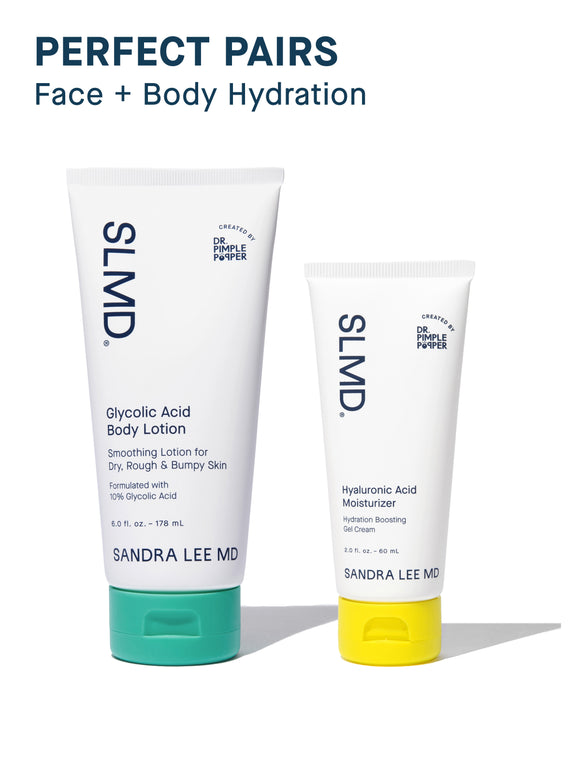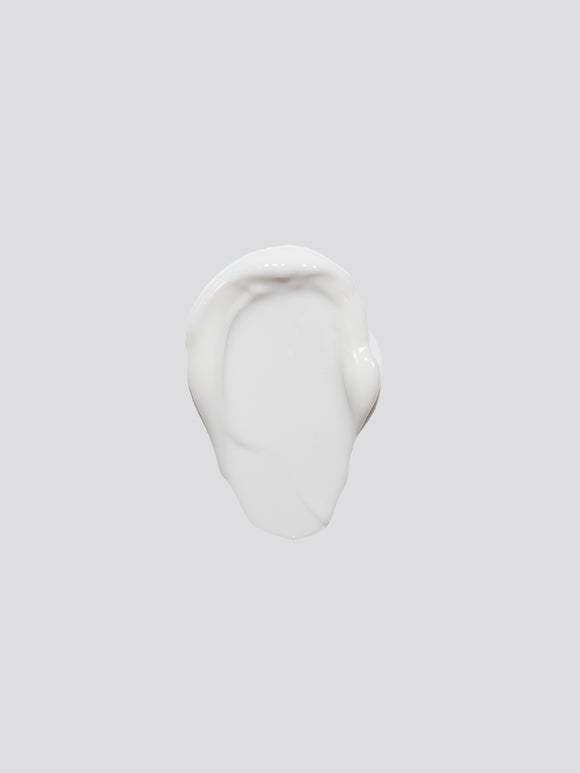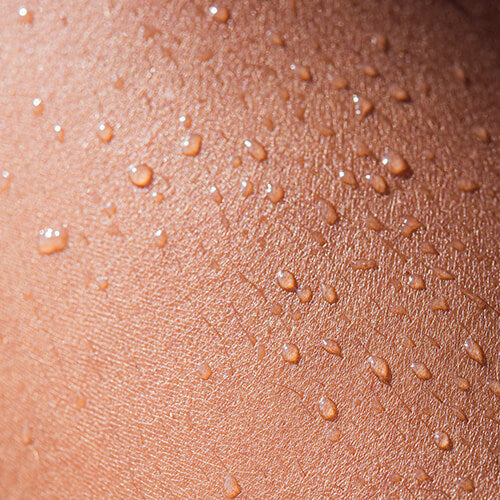
How Circadian Rhythm Protects Your Skin During the Day
Dr. Pimple Popper reveals how your biological clock works behind the scenes to keep your skin healthy.Published:
3 minute read
Ever notice that your skin seems more oily as the day wears on? Or that your eczema (or a mosquito bite) bothers you more after sunset? It’s not your imagination—it’s your skin’s circadian rhythm at work. This biological clock governs all cellular activities, including how your skin protects itself during the day.
We’ve already covered what happens to your skin at night — but during the day, the focus shifts to defense. Let’s explore how your skin’s rhythm keeps it strong and healthy.
Article Quick Links
What is circadian rhythm?
Your body’s circadian rhythm is regulated by a master clock located in your brain. This clock coordinates processes throughout your body by sending signals to your cells, stimulating reactions that align with your daily schedule — like waking up in the morning or preparing to fall asleep at night.
What’s fascinating is that your skin also has its own circadian rhythm. While it’s connected to the body’s overall rhythm, the skin operates independently to manage tasks like barrier strength, oil production, and UV defense. During the day, your skin gears up to protect against environmental stressors like pollution and sunlight.
Why your skin needs circadian rhythm for daytime defense
During daylight hours, your skin’s circadian rhythm prioritizes protection over repair. Here are the key processes that keep your skin safe:
- Skin barrier strength: Your skin barrier is less permeable during the day, which makes it better equipped to block pollutants, irritants, and UV rays.
- Blood flow: As circulation increases toward evening, your skin receives nutrients that support its resilience during the day and prepare it for nighttime repair.
- Sebum production: Sebum levels peak in the afternoon, creating a natural layer of defense. While excess oil can be frustrating, it’s a critical part of your skin’s strategy for combating microbes and UV damage.
- Cell renewal: Skin cell production slows during the day, as energy is directed toward protective functions like barrier reinforcement and oil production. Renewal peaks at night during your skin’s repair phase.
By understanding these processes, you can better align your skincare routine with your skin’s needs throughout the day.
Dr. Lee's Daytime Skincare Essentials
How to support your skin’s daytime defense
To help your skin perform its best during the day, your skincare routine should focus on reinforcing its protective mechanisms and minimizing environmental damage. Here’s how Sandra Lee, MD (aka Dr. Pimple Popper) recommends optimizing your morning routine:
- Cleanse: Start your morning by washing away overnight impurities. A gentle exfoliating cleanser helps remove dead skin cells and leaves your skin prepped for the day.
- Treat: Apply antioxidants (like vitamin C) to neutralize free radicals caused by UV rays and pollution. If you’re treating acne, use an acne treatment to reduce bacteria and inflammation.
- Moisturize: Hydrate your skin with a lightweight moisturizer and always follow up with sunscreen to protect against UV damage and strengthen your skin barrier.
SLMD Skincare to try: Salicylic Acid Cleanser, Vitamin C Serum, Benzoyl Peroxide Acne Lotion, Daily Moisturizer with SPF 15.
Dr. Pimple Popper answers circadian rhythm and skincare FAQs
Q: Should I cleanse again if my skin feels oily in the afternoon?
A: Generally, cleansing twice daily—morning and night—is sufficient. If oiliness is excessive, blotting papers or a lightweight toner can help. Avoid over-cleansing, as it can strip your skin’s natural oils and disrupt its barrier.
Q: Why does my skin look dull in the afternoon?
A: Natural oil and dead skin buildup, along with environmental stressors like pollution, can make your skin look dull later in the day. Antioxidants in your morning routine help combat these effects, and a midday spritz of a hydrating mist can refresh your skin.
Q: How does circadian rhythm impact sunscreen use?
A: Your skin’s barrier is stronger during the day, but it’s not enough to block UV rays. Circadian rhythm doesn’t replace the need for sunscreen—apply an SPF of 15+ every morning and reapply throughout the day for full protection.

Dr. Lee's Last Word
Your skin works hard to protect you during the day, so it’s important to protect it back. Use sunscreen and antioxidants in the morning to shield it, and retinol at night to repair. Once you understand your skin’s patterns, you can adjust your routine to keep it healthy and glowing.



